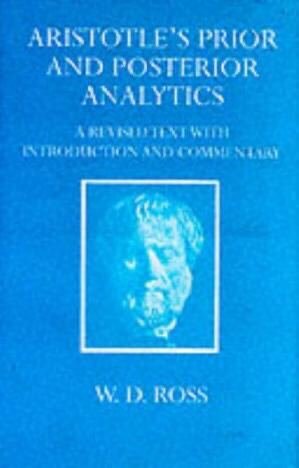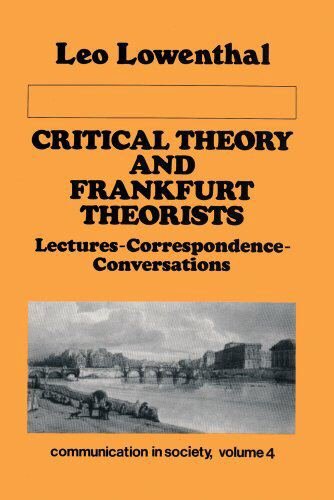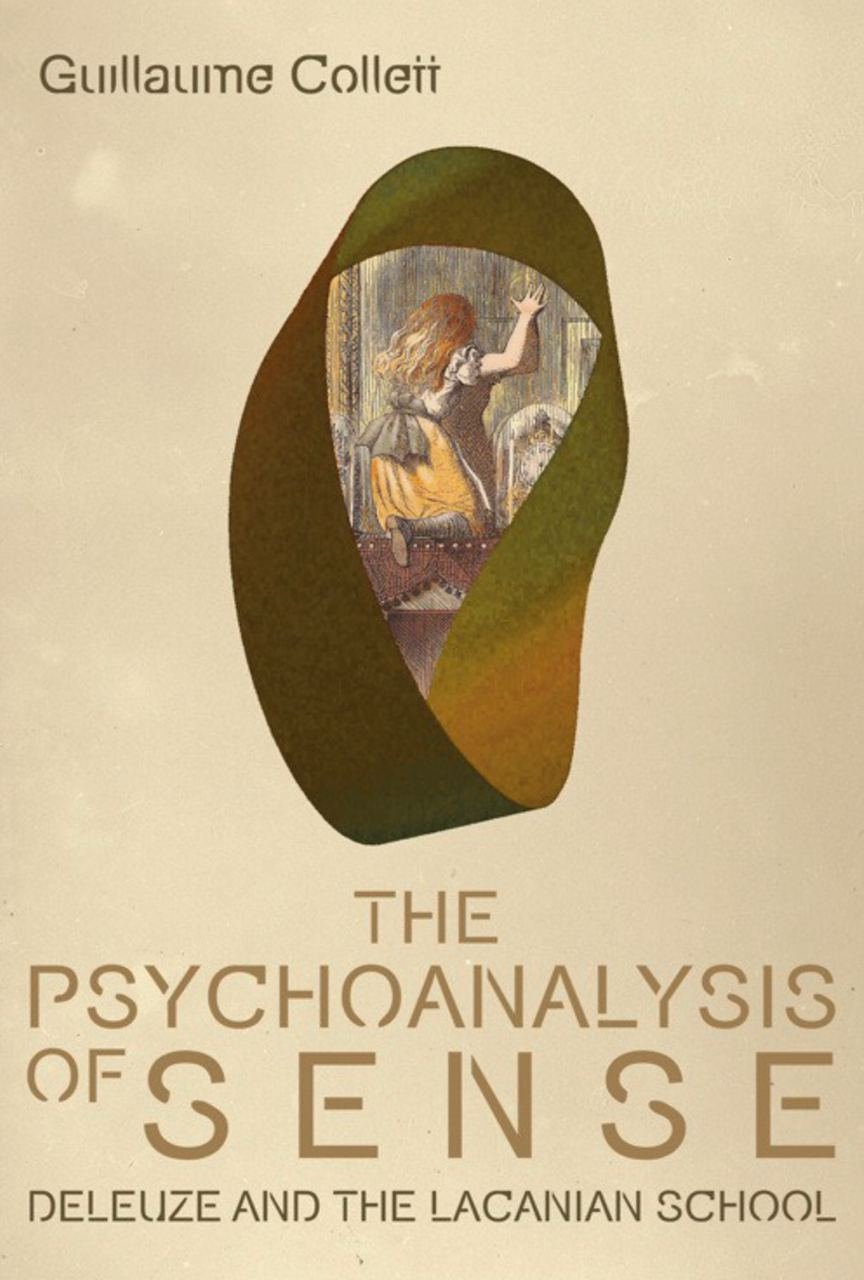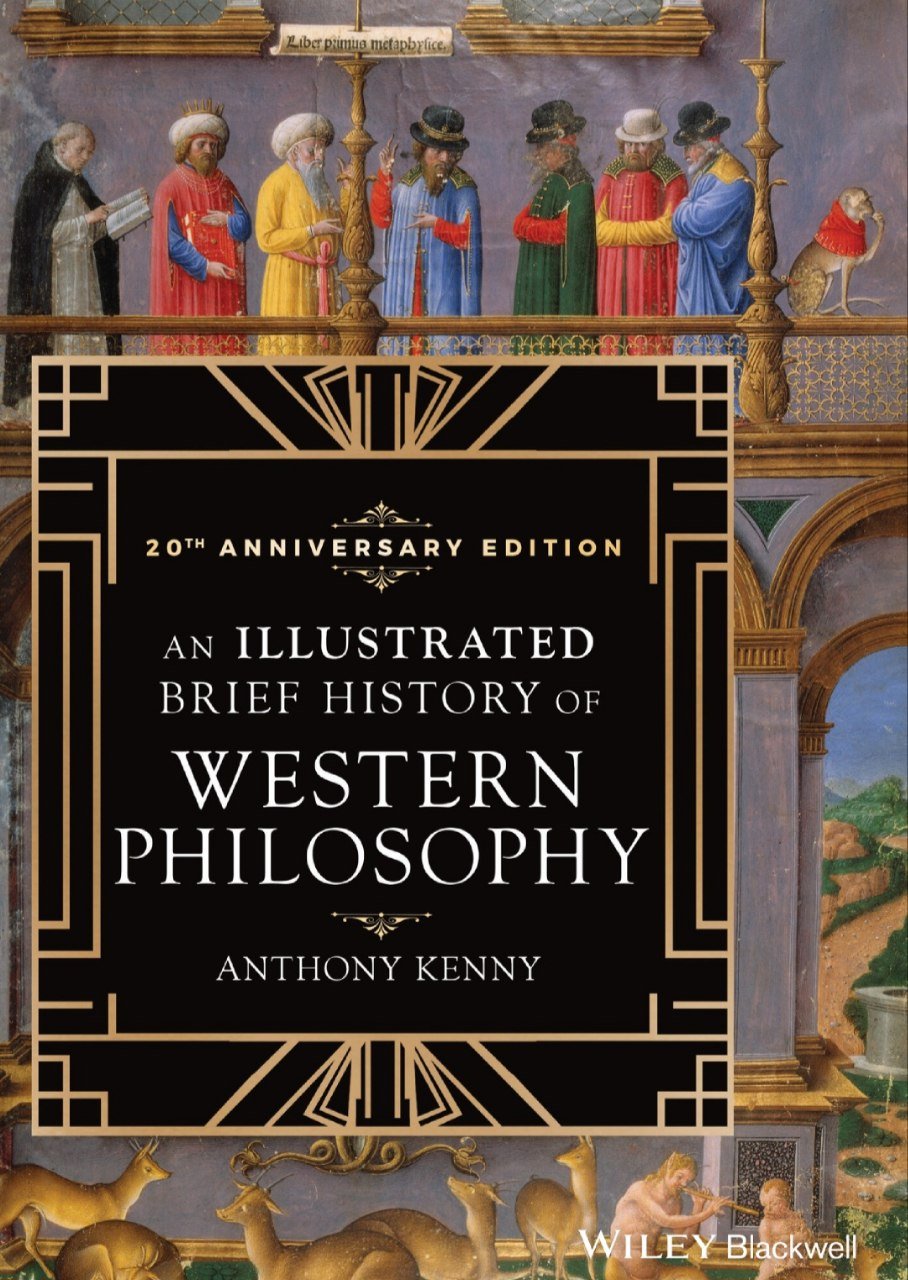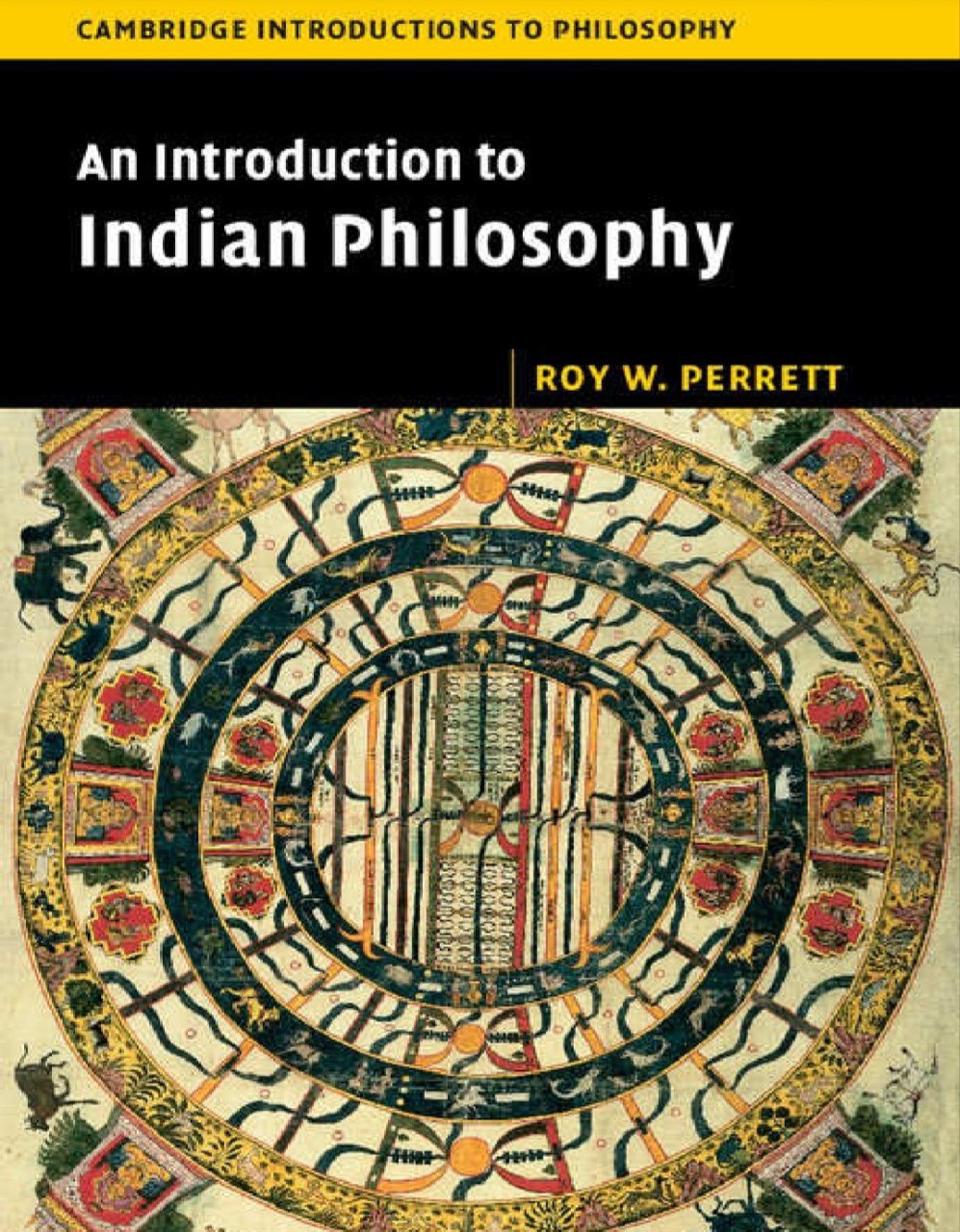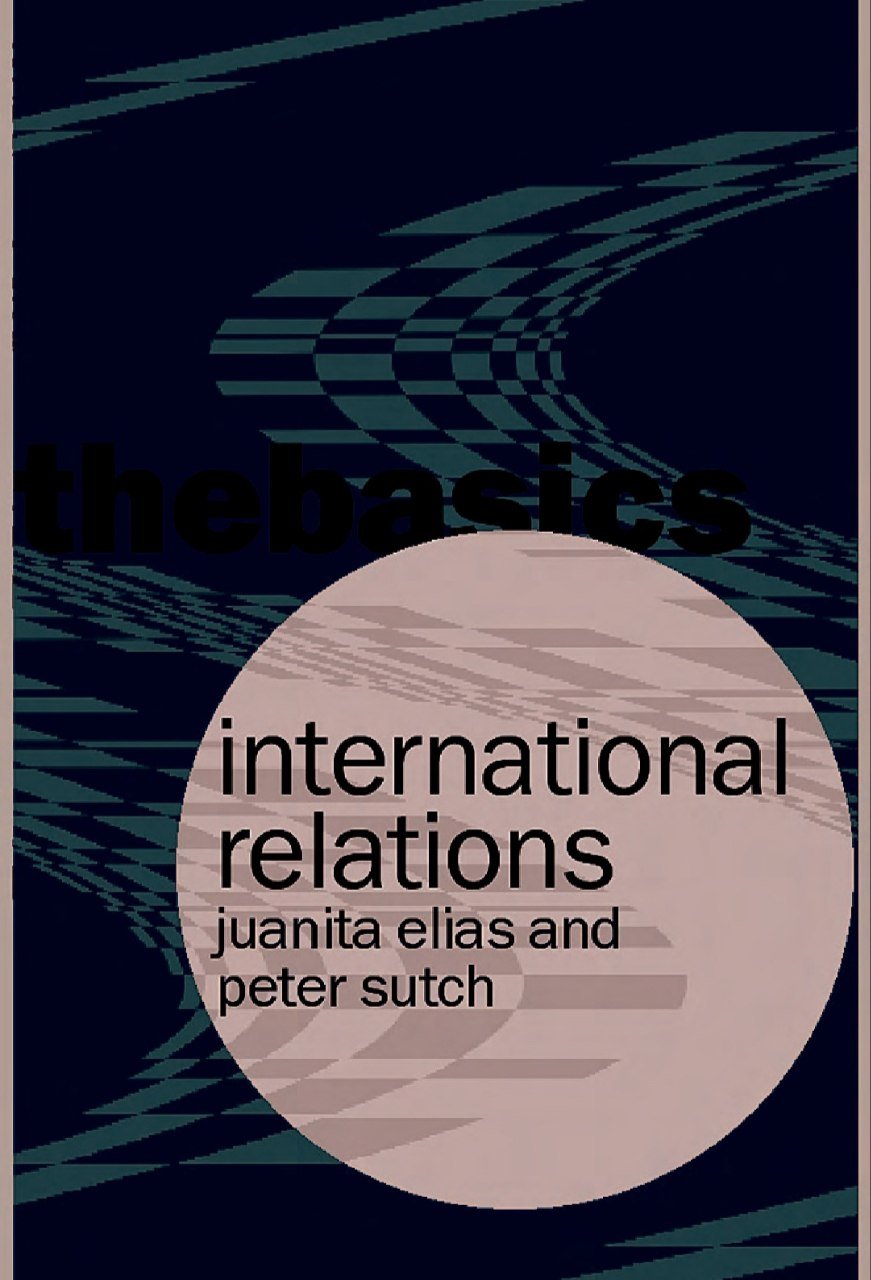

Identity Politics Reconsidered
Reviews
No review yet. Be the first to review this book!
Description
Identity Politics Reconsidered, edited by Linda Martín Alcoff, Michael Hames-García, Satya P. Mohanty, and Paula M. L. Moya, is a groundbreaking anthology that revisits and revitalizes the debates surrounding identity politics. The collection challenges the widespread critique that identity politics leads to divisiveness, essentialism, and political fragmentation. Instead, the editors and contributors argue for a more nuanced and productive understanding of identity-based movements, emphasizing their role in fostering social justice, collective agency, and democratic engagement. The book is structured around essays that blend theoretical analysis with real-world political activism. The contributors—prominent scholars and activists from diverse fields—critique the reductionist views that dismiss identity politics as inherently exclusionary. They assert that identities such as race, gender, sexuality, and class are not static or biologically determined but socially constructed, historically situated, and politically significant. These identities shape lived experiences and can be mobilized to challenge oppression and inequality. One of the central arguments of Identity Politics Reconsidered is that identity claims are not merely about personal recognition but are deeply connected to demands for structural change. The essays demonstrate how identity-based movements have been crucial in securing rights and transforming institutions that have historically marginalized certain groups. The volume also explores the intersections of different identities, arguing for an intersectional approach that acknowledges the complex and overlapping nature of social categories. By engaging critically with both supporters and detractors of identity politics, the book provides a balanced and rigorous defense of its continued relevance. It underscores the importance of coalitional politics and solidarity, suggesting that identity politics, when rooted in shared struggles for justice, can contribute to more inclusive and democratic forms of political engagement. Ultimately, Identity Politics Reconsidered offers a compelling reappraisal of identity politics as a vital and dynamic force for social transformation. It’s an essential read for scholars, students, and activists interested in contemporary political theory, critical race studies, feminism, and social justice movements.













 May 03, 2025
May 03, 2025







.jpeg)








.png)



.jpg)







.jpg)










.jpg)



.jpeg)







.jpeg)

.jpg)
.jpg)
.jpeg)



.jpeg)







.jpg)



.jpg)

.jpg)

